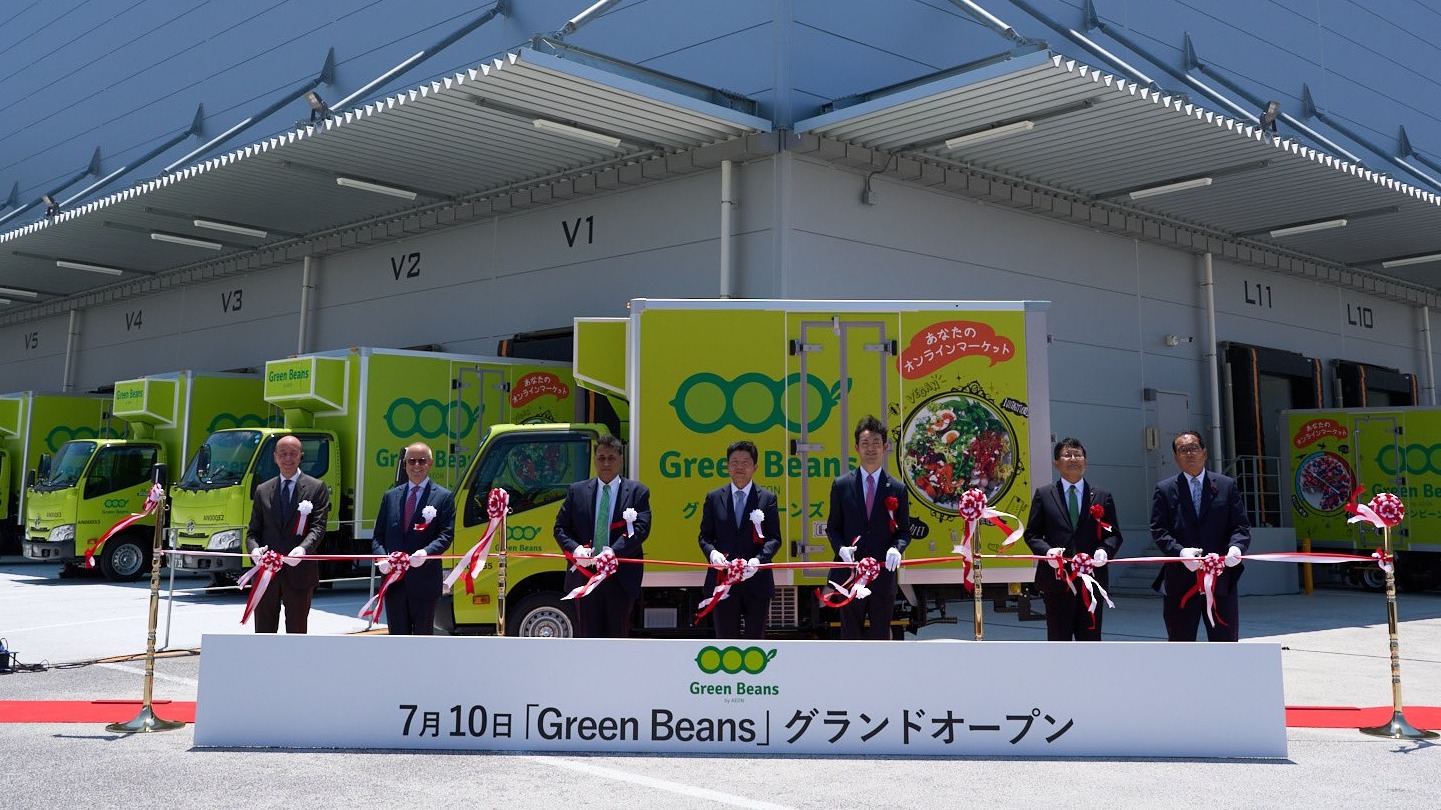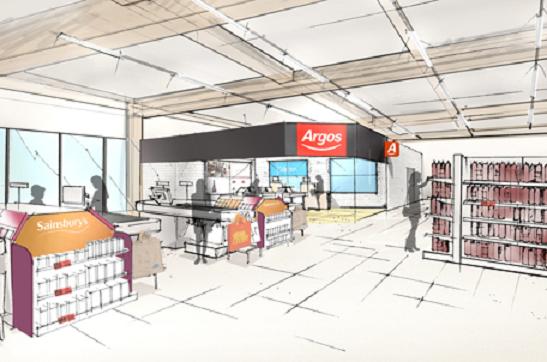Ocado has launched its first robotic warehouse in Asia.
The UK-based supermarket and technology firm has built the warehouse in Hachioji, Tokyo for Aeon, an online grocery business for the Japanese market.
Ocado said that the customer fulfilment centre – described as the 'first of its kind' – will serve the Kanto region and promises a 50,000 product range at scale, Smart Cart function and one-hour delivery slots for customers. It will serve contents through Aeon’s Green Beans online grocery delivery brand which was launched in April 2023.
Ocado added that it is set to launch a second warehouse for Aeon in Hachioji, Tokyo with additional centres to also utilise Ocado tech.
A partnership between the parties was first announced in 2019, with Aeon anticipating that its grocery sales will reach JPY 600 billion by 2030 and JPY 1 trillion by 2035.
Tim Steiner, CEO of Ocado Group, said: “Grocery spend in Asia is set to outstrip every other region of the globe over the next decade, and online remains the fastest growing channel in grocery across APAC. As the market develops, the ecommerce networks Ocado is building with partners in Asia will generate a step-change in the quality of service that customers can expect online.”
Akio Yoshida, president of Aeon, said: “We aim to marry the technology platform together with Aeon’s knowledge of customers and products to help transform the way consumers shop and change their daily living by providing a service that offers ease, reliability and a wide choice of products and solutions. The effort is a cornerstone of Aeon’s continued digital shift across the enterprise, and we will continue to collaborate with Ocado to innovate the online shopping experience.”
While Ocado continues to expand its tech business, reports emerged last month that Amazon was eyeing up a deal for the British business – though this was swiftly denied by the Alexa company. Amazon has struggled to break into the grocery business despite its public ambitions to become a major player in this area. It acquired high-end supermarket chain Whole Foods for $13.7 billion in 2017 and operates a number of checkout-free Amazon Fresh stores but has failed to significantly impact the wider grocery hegemony.
Latest News
-
Debenhams first UK retailer to roll out PayPal’s agentic AI assistant
-
Starbucks installs new payment tech in 943 European stores
-
Asos opens immersive London pop-up shop to showcase viral beauty range
-
EE launches in-store AI safety appointments
-
Amazon Pharmacy expands same-day prescription delivery service to 4,500 US cities
-
New Look loyalty scheme hits one million members
Beyond Channels: Redefining retail with Unified Commerce
This Retail Systems fireside chat with Nikki Baird, Vice President, Strategy & Product at Aptos will explore how unified commerce strategies enable retailers to tear down these barriers and unlock new levels of operational agility and customer satisfaction.
The future of self-checkout: Building a system that works for consumers and retailers
In this webinar, industry leaders discussed what the future of self-checkout looks like and how retailers can make the technology work for everyone.
© 2024 Perspective Publishing Privacy & Cookies










Recent Stories